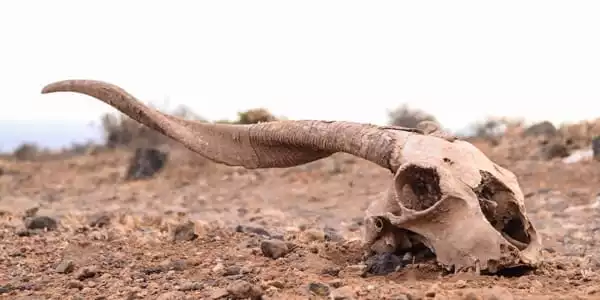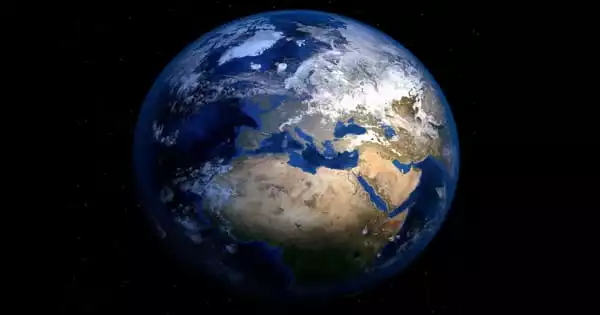A mass extinction is typically described as the extinction of roughly three-quarters of all species on Earth over a “short” geological time period. Given the immense amount of time that has passed since life first originated on Earth, “short” is defined as anything less than 2.8 million years.
If you look around, you will see evidence of death everywhere. For years, scientists have been sounding the alarm, warning that severe reductions in animal species around the world presage the start of Earth’s sixth mass extinction. Despite the mounting evidence that this dreadful event is unfolding all around us, not everyone agrees.
Extreme natural catastrophes have caused mass biodiversity extinction events five times in the history of life on Earth. Many specialists now warn that the world is in the midst of the Sixth Mass Extinction, which is completely the result of human activity. A thorough examination of the evidence for this ongoing extinction catastrophe was just released.
According to a recent study, the sixth mass extinction of animals on Earth is gaining momentum. More than 500 terrestrial animal species are on the verge of extinction and are expected to go extinct within the next 20 years; the same number went extinct throughout the last century. According to the scientists, this pace of loss would have taken thousands of years if not for human damage of nature, and they warn that this may be a tipping point for the collapse of civilization.
Humans are the only species capable of large-scale biosphere manipulation. We are not just another species adapting to external forces. In contrast, we are the only species that has conscious control over our own and the Earth’s biodiversity’s future.
Professor Robert Cowie
Biologists from the University of Hawai’i at Manoa and the Muséum National d’Histoire Naturelle in Paris, France, recently released a comprehensive examination of the evidence of this ongoing extinction event in the journal Biological Reviews.
“Drastically increased rates of species extinction and declining abundances of many animal and plant populations are well documented, but some deny that these phenomena amount to mass extinction,” said Robert Cowie, lead author of the study and research professor at the UH Manoa Pacific Biosciences Research Center in the School of Ocean and Earth Science and Technology (SOEST). “This denial is based on a skewed view of the situation that concentrates on mammals and birds while ignoring invertebrates, which, of course, make up the vast bulk of biodiversity.”
Extrapolating from estimates for land snails and slugs, Cowie and co-authors calculated that Earth may have already lost between 7.5 and 13% of its two million known species since 1500, amounting to 150,000 to 260,000 species. “Including invertebrates was critical to verifying that we are truly witnessing the beginning of the Sixth Mass Extinction in Earth’s history,” Cowie added.

However, the situation is not the same everywhere. Despite the fact that marine species face substantial risks, there is little evidence that the crisis is harming the oceans to the same level that it is affecting the land. On land, island species, such as those found in the Hawaiian Islands, suffer far more than continental species. And the extinction rate of plants appears to be lower than that of terrestrial animals.
Unfortunately, the current study notes that, in addition to science denial gaining a stronghold in modern society on a variety of problems, some people also dispute that the Sixth Extinction has begun. Others accept it as a new and natural evolutionary path, because humans are just another species playing their natural part in Earth’s history. Some even consider that biodiversity should be manipulated solely for the benefit of humanity but benefit defined by whom?
“Humans are the only species capable of large-scale biosphere manipulation,” Cowie emphasized. “We are not just another species adapting to external forces. In contrast, we are the only species that has conscious control over our own and the Earth’s biodiversity’s future.”
Various conservation projects for particular charismatic species have been successful in combating the situation. However, these activities will not be able to target all species, nor will they be able to alter the overall trend of species loss. Nonetheless, it is critical to maintain such efforts, to nurture awe for nature, and to document biodiversity before it vanishes.
“Despite the hyperbole about the urgency of the issue, and despite the existence of remedial options that are brought to the attention of decision-makers, it is evident that political will is lacking,” Cowie added. “Denying the issue, accepting it without reacting, or even supporting it represents a dereliction of humanity’s common obligation and allows Earth to continue on its sad path toward a Sixth Mass Extinction.”





